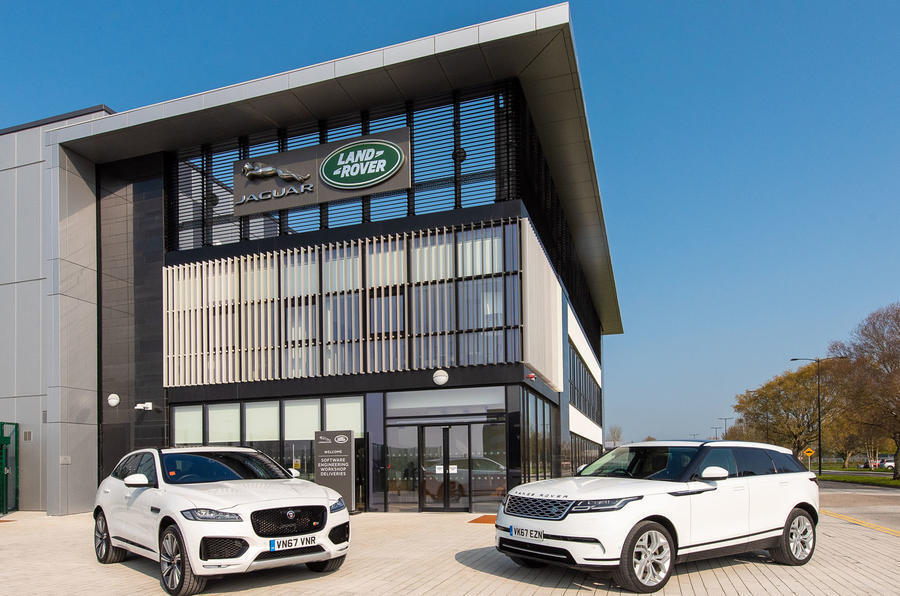Jaguar Land Rover (JLR) has posted a £422 million loss for its financial year ending 31 March, with last year’s return to profit offset by the massive slump in demand during the coronavirus pandemic.
The impact of the crisis and associated shutdowns led to JLR retail sales falling nearly 31% year-on-year between January and March, down to 109,869 units. It meant full financial year sales were down 12.1% over the 2018-19 period.
The fall in demand made revenue fall dramatically, offsetting positive figures in the second half of 2019 that returned the company to profitability under its Project Charge transformation programme.
JLR has now increased its cost-cutting plans and will make 1100 agency staff redundant.
With Covid-19 making a substantial impact in the Chinese market from January and continuing to restrict sales in Europe, it made a pre-tax loss of £501m in the first quarter of 2020. That offset early profits to result in a £422m full-year loss on revenue of £23 billion.
JLR chief executive Sir Ralf Speth said: “Jaguar Land Rover’s early action to transform its business meant that, as a company, we were on track to meet our full-year expectations and operational and financial targets before the pandemic hit in the fourth quarter.
“We also reacted quickly to the disruption caused by Covid-19. Our immediate priority has been the health and wellbeing of our people – and this remains the case as we have now begun the gradual, safe restart of our operations.”
JLR lists strong positives despite the gloom outlook, having just missed out on breaking even on its earnings before interest and taxes (EBIT). It also boasts "solid liquidity" of £5.6bn, including £3,7bn cash and a £1.9bn undrawn revolving credit facility.
Product successes include the Range Rover Evoque, of which sales rose by 24.7% year-on-year, and the Jaguar I-Pace, of which sales increased by 40%. The revised Land Rover Discovery Sport was launched in China in March and may prove popular there. Chinese sales of the Range Rover and Range Rover Sport are described as "particularly encouraging".
Globally, demand for JLR products was down 62.5% year-on-year in April and 43.3% in May. However, a recovery is expected, because 89% of JLR's global retailers are now fully or partially open, while plants in Solihull, Halewood, Slovakia and Austria have restarted production.





Join the debate
Add your comment
Ralf Speth has failed
Ralf Speth - JLR CEO - has failed with his flawed product plan creating a confusing and overlapping series of vehicles causing sales cannibalisation across JLR, and his focus on Diesel engines whilst not accepting the alternative electrification until too late in the game. And then he built massive over capacity with his obsession of creating a BMW beater with 1 million plus annual sales. So whilst Coronavirus has undoubtedly sent the company over a cliff edge with a weak Tata Motors owner scrambling to decide what to do, the seeds of this distaster had already been sown by Speth and his German henchmen.
Blundering from one crisis to
Blundering from one crisis to another. year after year, blah blah blah.
There are three main problems
There are three main problems.
1. JLR designs just don't stand out enough any more (except Evoque and i-Pace).
2. The product build quality, technology and reliability is not good enough.
3. All the products are overpriced (and overweight) compared to the competition.